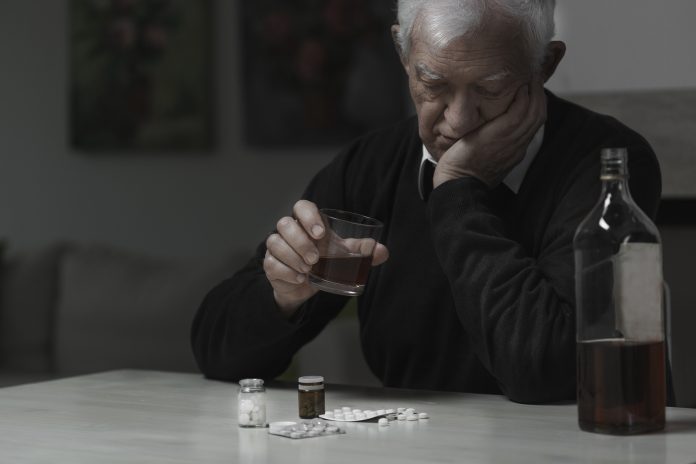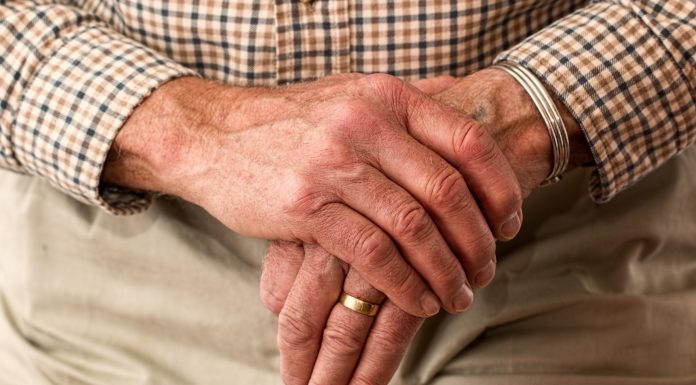Seniors don’t fit the image of what society has portrayed as the stereotypical substance abuser. Rather, the sketchy, unkempt person in a back alley would better reflect what some think of when we hear the words drug addiction. In actual fact, senior substance abuse, knowingly or unknowingly is increasing on a regular basis.
What is Senior Substance Abuse?
Substance abuse among seniors is generally different than in younger people. As we age, our bodies become more sensitive and our metabolism changes. Dependence on medication can increase due to the likelihood of suffering from multiple chronic ailments. Many seniors take a staggering number of medications on a daily basis. According to a 2014 study, most seniors in Canada are taking five or more prescription drugs daily and those living in long-term care facilities take at least 10 drugs daily.
From blood pressure medication, to painkillers, the buffet of pills makes it hard for caregivers (and even health professionals) to know when a person crosses that line from “I require this medication for health purposes” to “I NEED this medication because I’m addicted.” The risk of accidental overdose becomes great when the person stops using the medication for non-intended purposes and it can turn into a fatal situation. Painkillers are listed as the main cause of overdoses, followed by anti-anxiety medications.
What are the Signs of Senior Substance Abuse?
Recognizing the signs of substance addiction in seniors is not always easy. Behavioural changes could be a result of pre-existing or new health issues the senior may be suffering. Knowing the signs will help caregivers get their loved ones the help they need.
Watch for the following:
- Sleep problems
- Anxiety
- Depression
- Memory problems
- Mood swings
- Keeping secrets
- Sudden changes in medication requirement and making excuses to take more medication
- Overly lethargic and troubles staying awake
- Constantly switching health providers in an effort to get the same prescription for medication
- Forged prescriptions
- Using more than one pharmacy
If you notice any of the above symptoms and think your loved one could have a substance abuse addiction, it’s important to talk about it. Discuss your concerns with the senior’s healthcare provider and find out what the required daily dosage is.
If your loved one has chronic ailments, perhaps there are alternative therapies available, like naturopathic remedies, or acupuncture and massage.
The following further steps may need to be taken:
- Controlling the senior’s access to medications
- Reminding your loved one to avoid alcohol when on any medication
- Encouraging your loved one to only take painkillers when absolutely necessary
- If necessary, checking the senior into a drug treatment program at a facility that treats addictions
- Senior substance abuse can be addressed with care and empathy




























